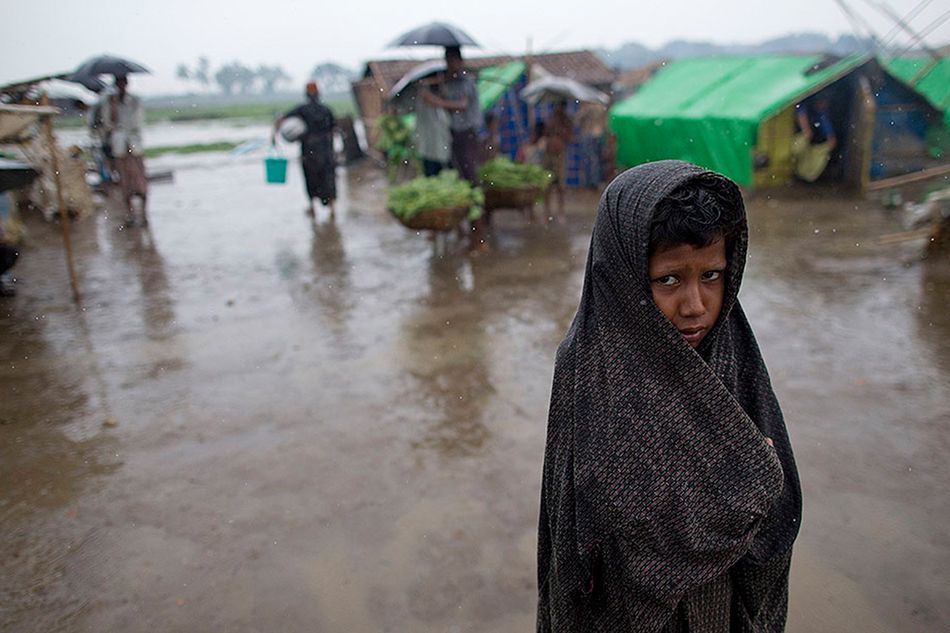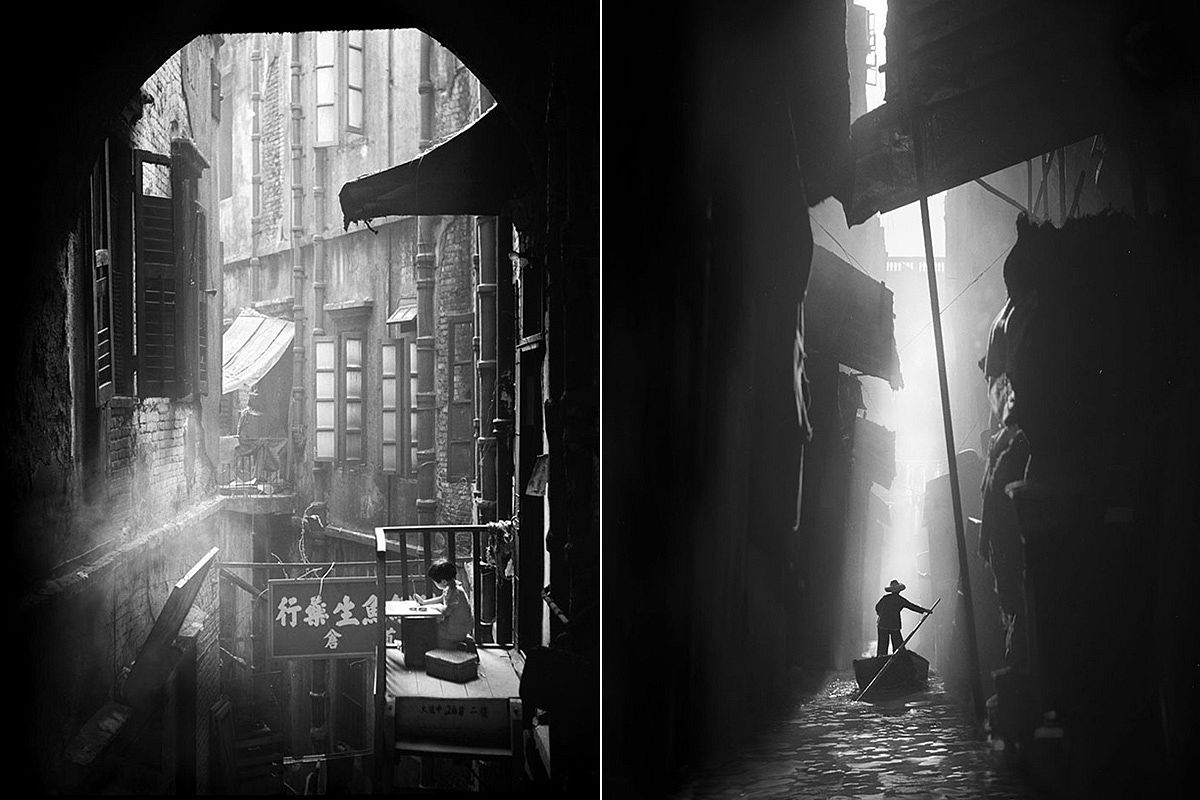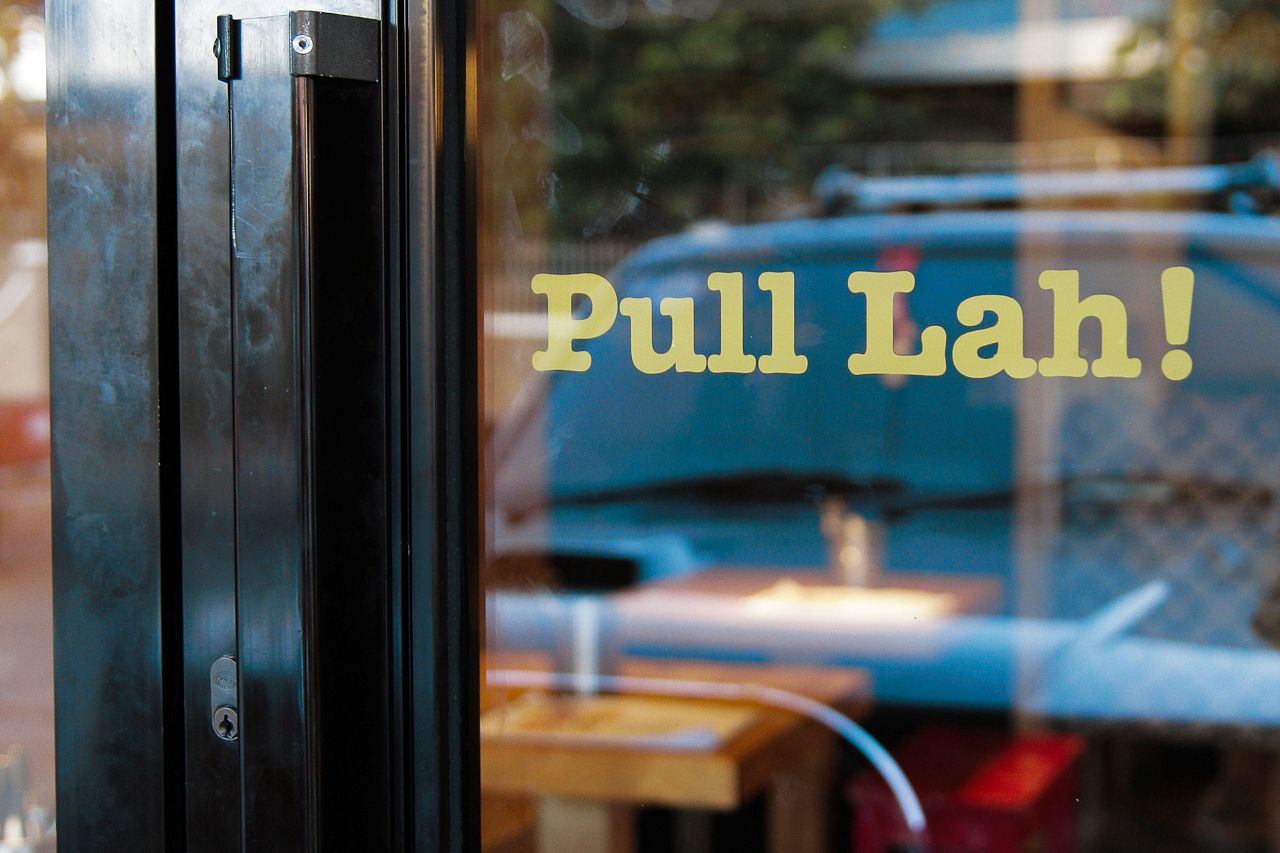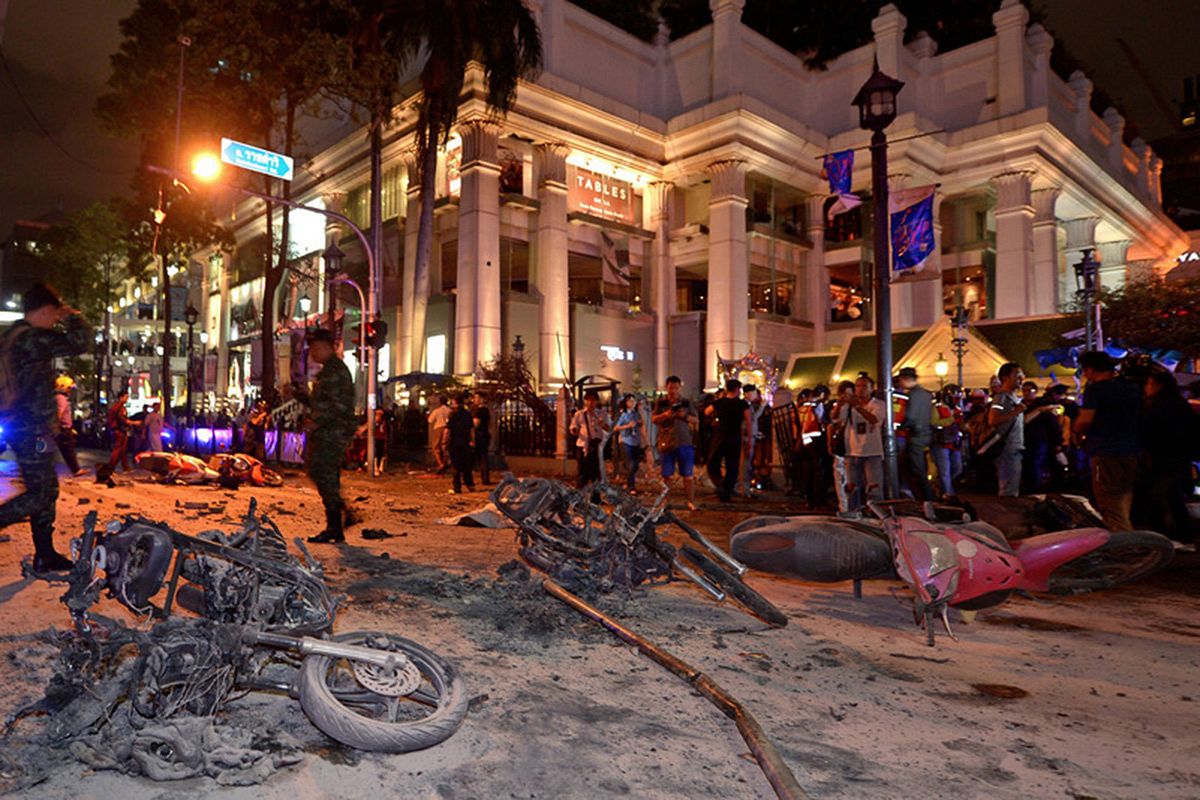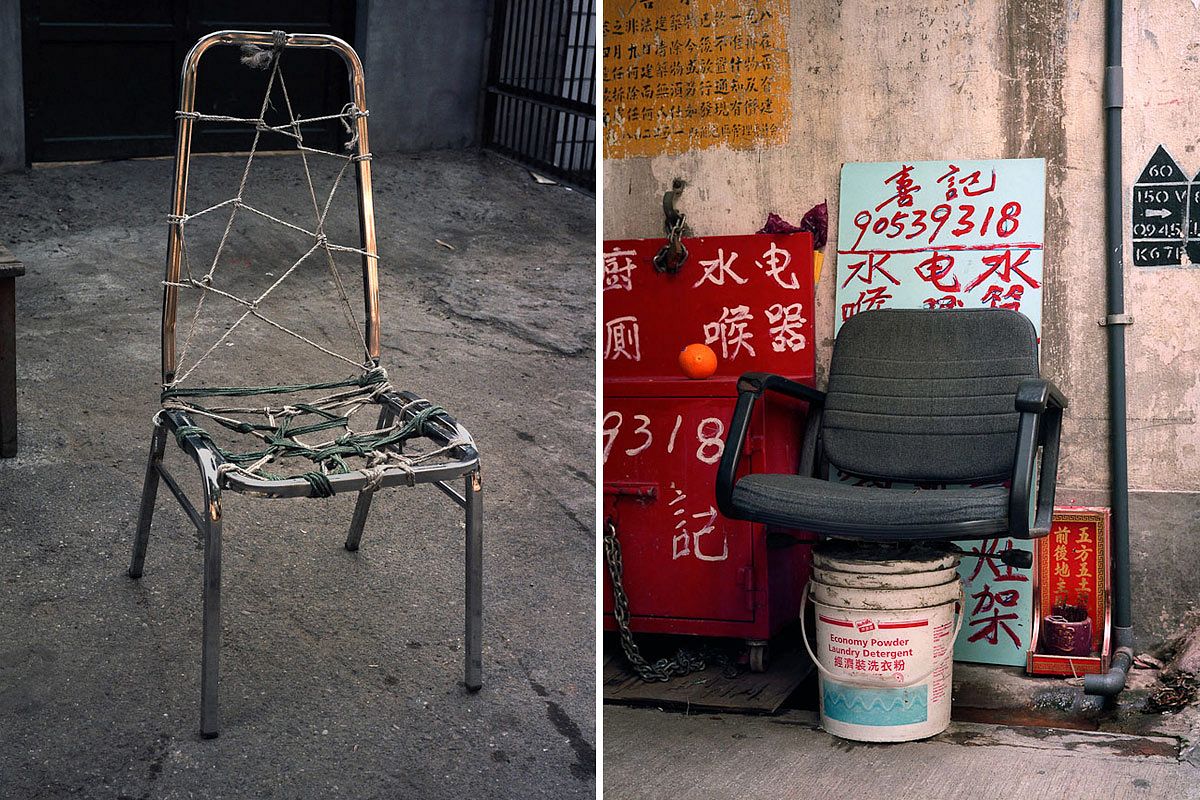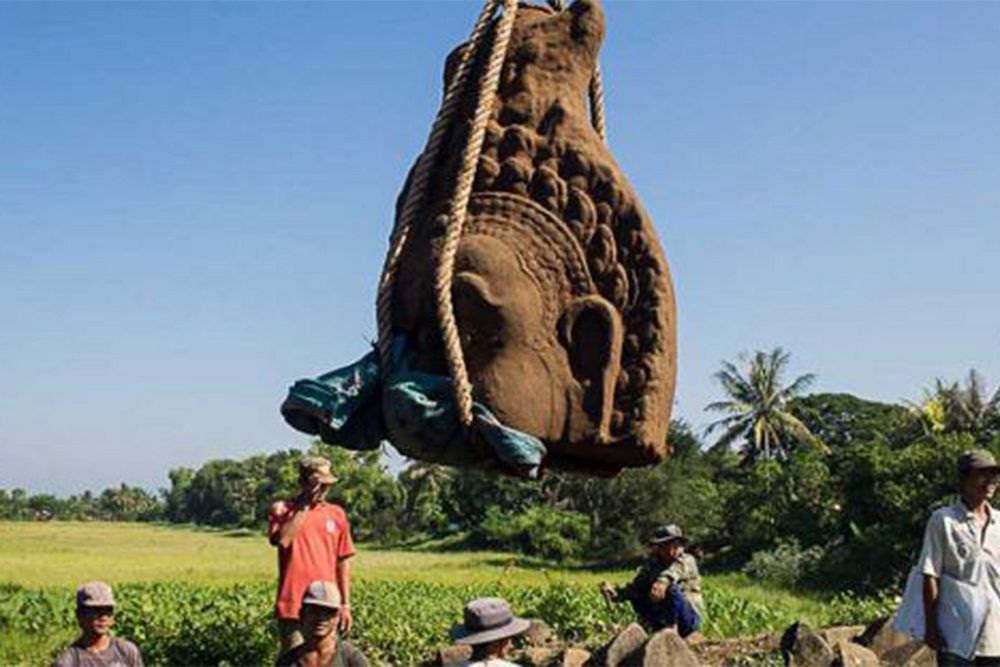As a campaign of collective punishment against the Rohingya ethnic group continues in Myanmar’s western Rakhine state, Bangladeshi border guards are forcibly repatriating refugees back to Myanmar.
According to Amnesty International, thousands of Rohingya have fled over the border to neighboring Bangladesh, only to be sent back to a state where their villages are under attack from the Burmese government.
“The Rohingya are being squeezed by the callous actions of authorities in both Myanmar and Bangladesh," Amnesty International’s South Asia director Champa Patel said in a statement. “Fleeing collective punishment in Myanmar, they are being pushed back by the Bangladeshi authorities. Trapped between these cruel fates, their desperate need for food, water and medical care is not being addressed.”
The Rohingya, a Muslim ethnic minority in western Myanmar numbering around 1.1 million people, have long struggled under the country’s government, which views them as stateless individuals. In majority Buddhist Myanmar, Rohingya are denied citizenship, the right to marry and access to education. Over the border in Bangladesh, the official policy of border guards is to deny refuge to Rohingyas fleeing the military attacks currently taking place in Rakhine state, reports TIME.
The latest violence against Rohingya communities is the result of a coordinated attack in early October which killed nine Burmese border police at three security posts. The government has since blamed the attack on Rohingya Islamic militants, claiming the insurgents number as many as 400, according to Reuters.
As a result, both humanitarian aid and independent journalists have been barred from the area, leaving over 150,000 people without food or medical aid over the past six weeks. According to TIME, more than 3,000 children suffering from severe acute malnutrition are not receiving treatment, with up to half of that number in imminent danger of dying.
John McKissick, head of the United Nations High Commissioner for Refugees office in Cox’s Bazar, Bangladesh, where thousands of Rohingya have sought refuge, told the BBC that Myanmar's government is seeking the ethnic cleansing of Rohingya from within its borders.
According to McKissick, Myanmar forces have been “killing men, shooting them, slaughtering children, raping women, burning and looting houses, forcing these people to cross the river” into neighboring Bangladesh, which has denied Myanmar’s Rohingya refugee status since 1992, reports The Guardian.
"Now it's very difficult for the Bangladeshi government to say the border is open because this would further encourage the government of Myanmar to continue the atrocities and push them out until they have achieved their ultimate goal of ethnic cleansing of the Muslim minority in Myanmar," McKissick told the BBC.
Meanwhile, TIME reports, these government counter-insurgency operations have cost the lives of over 100 Rohingya, with hundreds more detained by the army. Military officials have admitted to using helicopter airstrikes against suspects armed with “small guns, knives and spears”, while several Rohingya women have also recounted to Reuters their experiences being raped at gunpoint by Burmese soldiers. The government has denied these allegations, maintaining their actions are justified.
Aung San Suu Kyi, Myanmar's Nobel Prize-winning de facto democratic leader, has also come under harsh criticism for her failure to condemn the ongoing state-backed violence. The Independent quotes David Mathieson of Human Rights Watch as saying her silence "is baffling to an international audience that persists in casting her as a human rights icon. One version to explain her silence is callous indifference, another is calculated limited messaging...but the most likely is she simply has no control over the Burmese army."
[Photo via LA Times]

